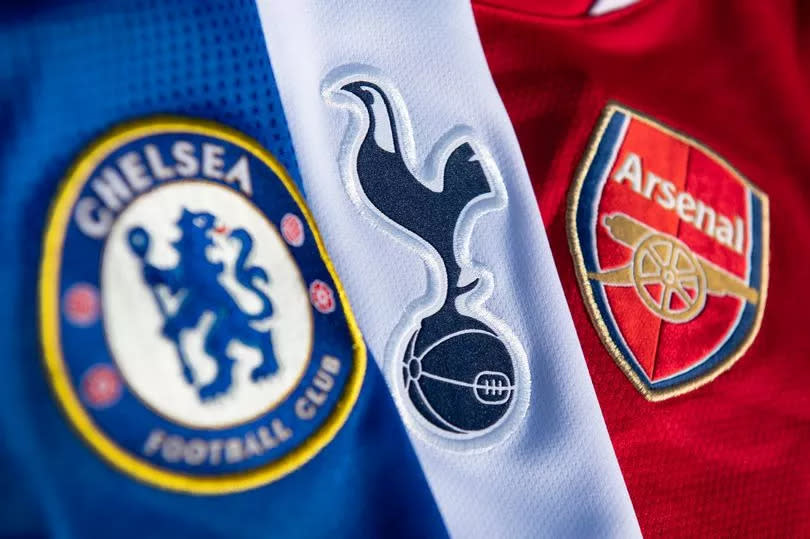Arsenal, Chelsea and Tottenham likely to agree Premier League salary cap for one major reason

Premier League clubs are set to discuss the potential introduction of a salary cap on players' wages at the latest Shareholders' Meeting today (Monday).
In the wake of Nottingham Forest and Everton both being deducted points this season as punishment for breaches of the Premier League's Profit and Sustainability Regulations (PSR), and with Manchester City's case for 115 alleged breaches of Premier League rules over a 10-year period yet to be resolved, clubs are looking at implementing new financial controls going forward.
Having also failed to agree a 'New Deal' with the English Football League (EFL) so far while the English game braces for the arrival of a new independent regulator, the Premier League is attempting to reconstruct its financial rules. PSR is set to be replaced with a model similar to UEFA's European squad cost ratio rule from 2025 onwards, with a hard cap on players' wages one core tenet of the proposals.
The cap, also knows as "anchoring", would only allow teams to spend a certain proportion of the amount the League's bottom club receives in broadcast revenue - 'anchoring' the cap to the lowest-earning club's broadcast revenues. A multiple of five has been mooted, meaning if the club that finishes 20th earns £100million in broadcast revenues, the cap would limit teams to spending £500million in wages and fees (transfers or otherwise) in one season.
BBC Sport has reported that Arsenal, Tottenham and Liverpool would back the introduction of a salary cap, while Manchester United would be against it. football.london's business of football writer Dave Powell has assessed the situation for Arsenal, Chelsea and Spurs, and what a salary cap would mean for the three clubs going forward.
"Arsenal, Chelsea, and Tottenham Hotspur are all likely to be aligned when it comes to whether to not to back the introduction of a salary cap in the Premier League. The motivation for Arsenal is clear. The Gunners are now in the home straight of the season and in a battle with Manchester City for the right to be crowned the champions of England.
READ MORE: Premier League 'luxury tax' explained as clubs brace for FFP decision
READ MORE: Arsenal final fixtures compared to Man City and Liverpool after Tottenham win
"It is a feat that has been done, using the 2022/23 financial accounts that clubs have published, with a wage bill that is £188million lower than what Manchester City had been spending for the same period, although a sum that did include bonus payments for winning last season's Champions League.
"But for Arsenal to have a wage bill that made up just 55% of City's for the same period demonstrates the challenge for the Gunners, and for much of the rest. City are a juggernaut that, depending on what happens with regards to the outcome of the 115 charges for alleged financial breaches, are only likely to see their revenues increase and their ability to spend continue to outpace their rivals.
"For that reason, it is very much in the interests of Arsenal and Spurs to be in favour of measures that put some barriers in place to stop the gap becoming too large to close. It is hard to imagine either club being opposed to such caps. In the case of Chelsea, it's expected that they, too, will be supportive. But there are other considerations that will be at play. Chelsea have been the focus of much scrutiny over their spending, and the club's wage bill is the second highest in the Premier League at £404million, up £63.7million year on year.
"But it is expected that this is a long-term plan for Chelsea, and that the huge spend won't be par for the course each summer. With that in mind, anything that can stop the likes of City continuing to charge ahead would be welcomed, but there will also likely be some concern over just how the salary cap looks.
"There will also be fears as to how it may hamper the growth plans for clubs in comparison to their global rivals, with the Premier League's popularity heavily weighted in both the traditions of the English game and its clubs, but also the ability to be able to sign top global talent to make it compelling to broadcasters."

